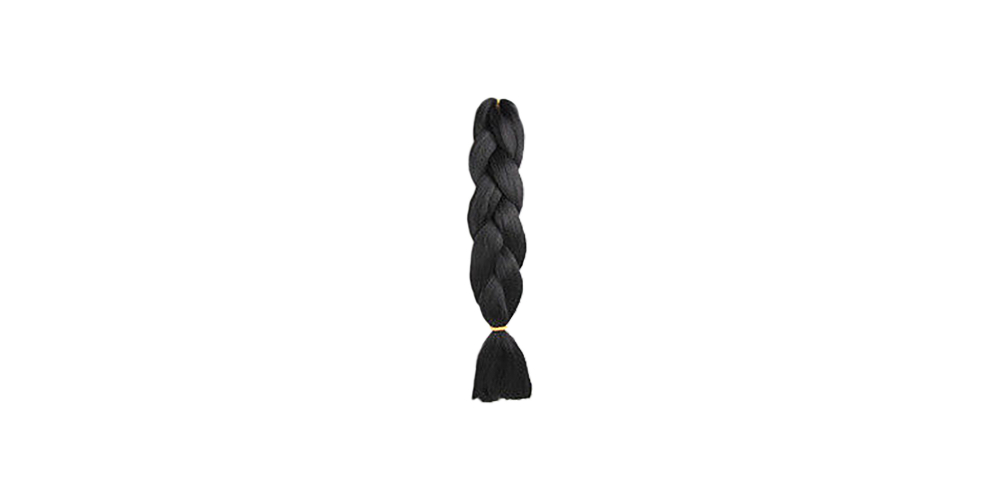Can you shower with a wig on?
Human hair wigs need to be treated with care and taken care of properly. Taking a shower is an essential part of our lives. So, when showering, you need to protect your wig by wearing a protective headgear shower.
You can tie your wig up and cover it with a shower cap. Ensure the shower cap covers the hair edges, hairline, and side edges. This precaution will protect your wig and ensure it remains in good condition.
Can you sleep in a wig?
Wig users know how time-consuming it can be to put on wigs. Therefore, they would want to stay with the wig to help save time used to put on the wig. Sometimes glue can be messy, and it will involve taking off the wig daily before sleeping.
Wig experts don’t recommend sleeping in a wig. However, it’s possible to sleep without damaging them as long as it’s not a habit you do every day, which might damage them. The friction while sleeping may cause drying and tangling of the wig, and in the end, you would use your wig for a shorter time. You can remedy this by wearing a silk headscarf using a silk pillowcase.
You can also protect your hair wig by securing it well in a ponytail to avoid movement. Moreover, covering your hair with a satin bonnet would help as soft, smooth, and affordable material. Use a satin pillowcase to compliment the satin cap and have a morning care routine to gently brush your lace to prevent frizziness.
Does human hair last forever?
There is no standard time set on how long human hair can last. With proper care, human hair can last up to three years. However, the synthetic wig’s lifespan is shorter, and maintaining it is not easy.
Natural decay happens to every part of our body; however, human hair remains intact for an extended period. It usually starts to decompose after two years. The decomposition process will depend on various factors.
Does your hair rot if you leave it wet?
Your hair cannot rot when left wet. When it’s constantly drenched in sweat, it could cause bacterial infection on your scalp, which would be harmful to your health. Keep your hair clean, brush it with a fine wide-tooth comb, and air rate it to dry.
Hair can absorb up to thirty percent of its weight in water. So, the longer it stays wet, the worse it can get. It can keep swelling, cause slow drying hair, which causes cracks and later permanently damages the hair. Rotting doesn’t occur, fortunately.
When hair is wet, it swells and puts pressure on cuticles which can cause them to break and create split ends. When hair is wet, it loses strength. So hair isn’t strong enough when wet. It would be best if you remembered to always keep the hair dry by using a hairdryer at a low temperature. You may as well squeeze the wetness using a towel to maintain its health.
